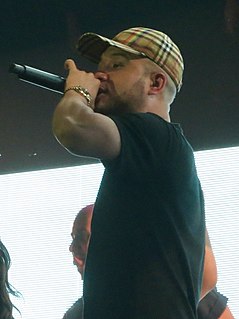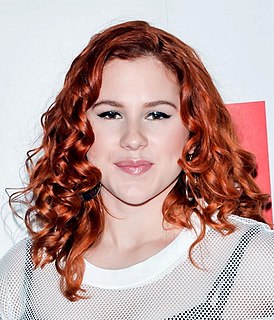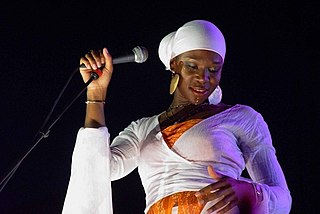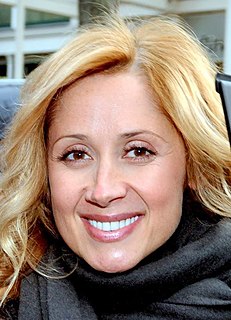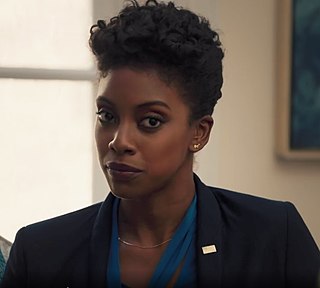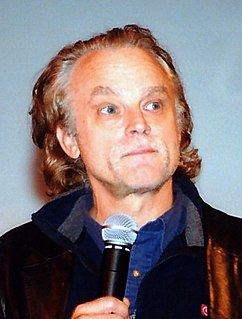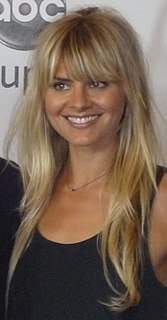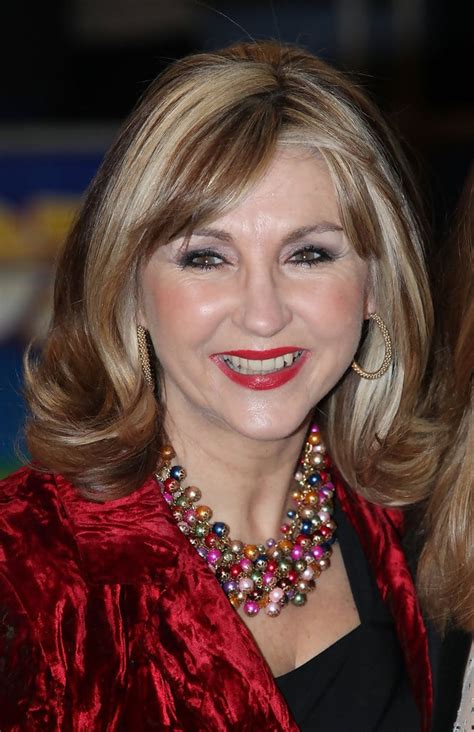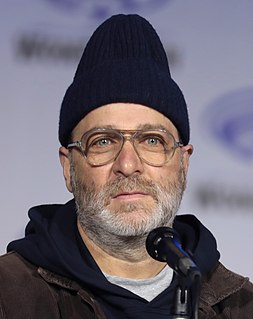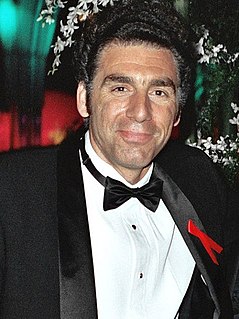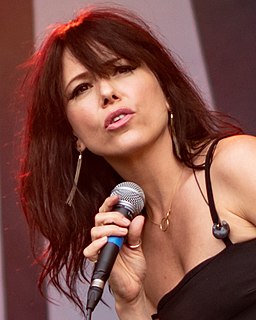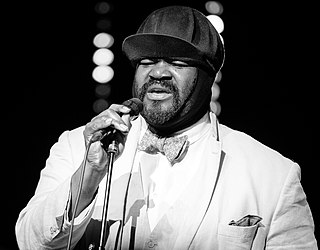A Quote by Jax Jones
My mum didn't want me to really pursue music in the beginning, but I'm a classically trained guitarist because of her.
Related Quotes
Being classically trained gave me the real foundation for music. It's so important in my life. Why was I influenced by all these styles of music? Because it gave me a sense of freedom. It made me feel like I could put my hand in a colored bag and pull out a different colored candy and have fun with it.
I did not want to be the accompanist to an operatic star. But I was at a very high level for a 16-year-old, and I maintained that. So really good, but more impressive than classically trained. So I had to take a crash course in classical technique because I really wanted to get away with playing this character [in Florence Foster Jenkins] without people saying, "That's not really accurate."
